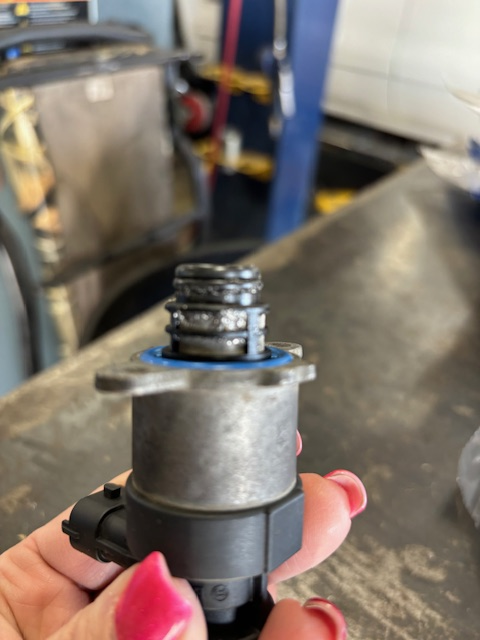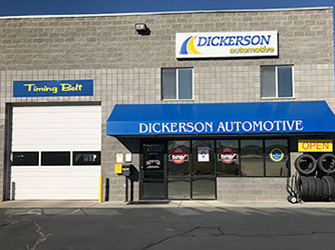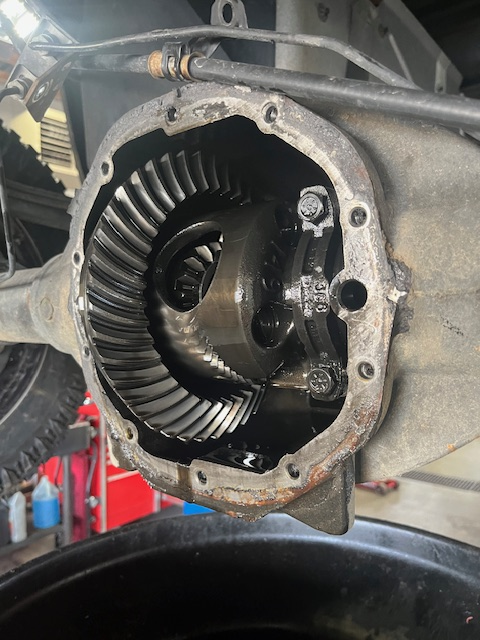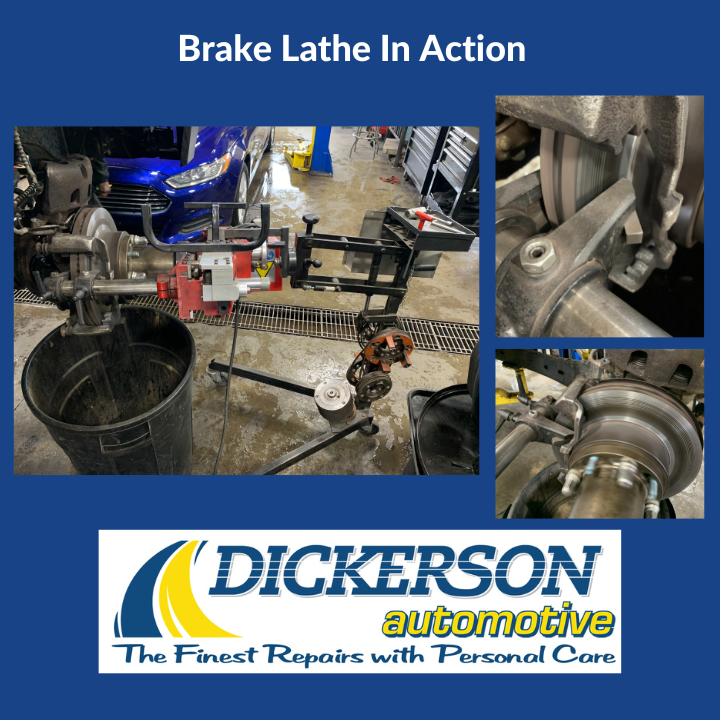Posted on 3/6/2024

The CP4 fuel pump, a vital component in contemporary diesel engines, has gained significant attention lately due to its susceptibility to failure. It's imperative for diesel vehicle owners to grasp the causes, symptoms, and remedies associated with CP4 fuel pump failures to avert expensive repairs and potential engine harm. Let's delve into this subject to illuminate CP4 failures and effective methods to tackle them. Understanding CP4 Fuel Pump: The CP4 fuel pump, an abbreviation for Cam-Driven High-Pressure Fuel Pump, represents a common high-pressure fuel pump type in modern diesel engines. Its role is pivotal, ensuring precise delivery of pressurized fuel to the fuel injectors for optimal combustion timing. Unlike its predecessor, the CP3 pump, the CP4 integrates the camshaft into its design, rendering it more compact and lightweight. Causes of CP4 Fuel Pump Failures: Various factors contribute to CP4 fuel pump failures, including ... read more
Posted on 2/28/2024

In recent years, the concept of mobile auto repair services has gained popularity among car owners looking for convenience and flexibility. While these services offer advantages such as on-the-spot repairs and time-saving benefits, there are several drawbacks that consumers should consider before opting for a mobile mechanic. In this blog post, we will explore some of the disadvantages of using a mobile auto repair service. 1. Limited Equipment and Tools: One of the main drawbacks of mobile auto repair services is the limited equipment and tools that a mobile mechanic can carry. Unlike traditional auto repair shops that have specialized tools and equipment for various types of repairs, a mobile mechanic may not have access to all the tools needed for complex or specialized repairs. This limitation can result in delays and incomplete repairs, leading to additional costs and inconvenience for the car owner. 2. Lack of Proper Facilities: Another disadvantage of using a mobile auto repai ... read more
Posted on 2/21/2024

In the world of vehicle maintenance, rear differential care is paramount to avoid costly breakdowns. The gears in your rear differential are susceptible to damage due to various factors, primarily from excessive stress and fatigue. Overloading, aggressive driving, or towing heavy loads can strain these components, leading to material fatigue and eventual failure. Neglecting proper maintenance practices such as inadequate lubrication or using contaminated fluids can exacerbate wear, while manufacturing defects or misalignment can introduce weak points in the gear system. To ensure your rear differential's longevity and optimal performance, here are some key maintenance tasks you shouldn't overlook: Regular Inspection: Keep an eye on your rear differential housing, cover, and seals for any signs of leaks, cracks, or damage. Fluid Change: Follow the manufacturer’s recommended interval for changing the differential fluid to prevent increased friction, wear, and ove ... read more
Posted on 7/10/2023

How long do trailer tires last? 20 years ago tires lasted much longer than they do today. I remember my parent’s boat trailer and travel trailer tires lasting 10 years or more with no issues at all. Today that is not the case; as a general rule of thumb trailer tires will start to separate and fail after they are roughly four years old. Sure if you keep them out of the sun you may get up to six years out of them. The sad thing about trailer tires is that when they fail they often do serious damage to the trailer fender and anything else in the area. They don’t just go flat, you will generally hear a loud pop or bang as they become completely shredded causing damage to anything the shredded mass comes in contact with. So read the date DOT date code that is branded into the tire on one side or the other. The DOT information is Alfa numeric production information followed by a four digit numeric date branded into the tire. The first two digits indicate the week of the year fo ... read more
Posted on 1/17/2023

Why Does My Car Shake When Braking? Shaking when stepping on the brake pedal is usually an indicator of warped disk brake rotors. The technical term for this is called thickness variations in the brake rotors. The braking systems on a vehicle is a simple idea with complex components all working together at the same time, lets talk about how a braking system functions and what may be causing the famous shaking when braking problem. How Do Disk Brakes Work? It is easiest to explain this by breaking down the system to its most basic parts. Braking systems have a master cylinder, brake caliper, brake pads, and brake rotors. The master cylinder is full of brake fluid and is directly connected to the brake pedal. When the brake pedal is pressed a piston is forced forward inside the master cylinder creating hydraulic pressure in the brake lines. This hydraulic pressure is then sent to the brake caliper. There is a piston inside of the brake caliper t ... read more